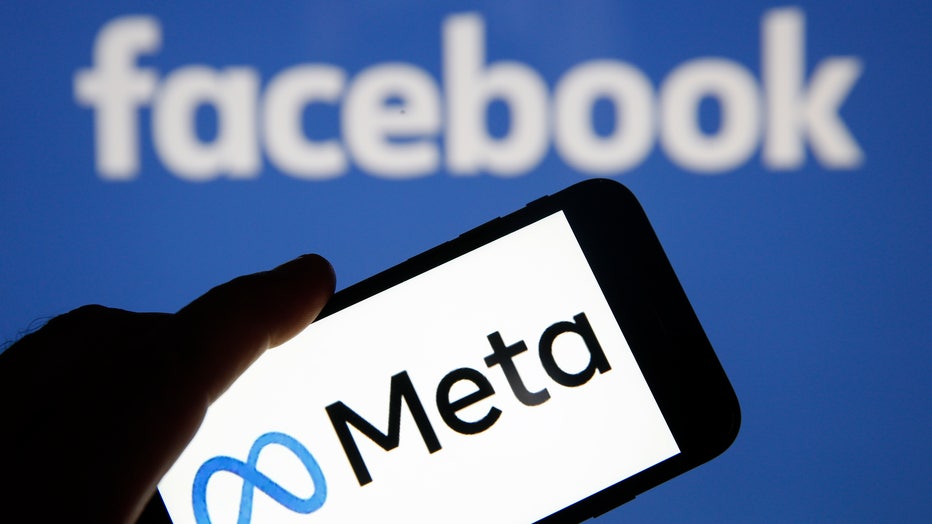Supreme Court's social media decision for Texas and Florida will have national impact

Supreme Court's social media decision for Florida, Texas will have national impact
The Supreme Court head arguments on Monday involving social media and free speech; specifically whether they can remove controversial or political posts that violate the rules of the platform.
WASHINGTON - The U.S. Supreme Court heard arguments on Monday about Florida and Texas laws passed to prohibit social media platforms from removing controversial or political posts that violate rules of the road those companies enforce. Their ultimate decision will affect every state in the country.
One question for the court: What, precisely is social media? Is social media a completely open public forum where anyone can post anything without filtering, editing or restraint?
That is what Elon Musk sided with when he wanted to buy Twitter, now re-branded as X. "I do think we want to be just very reluctant to delete things," said Musk.

In this photo illustration, the Meta logo is displayed on the screen of an iPhone in front of a Facebook logo. (Photo illustration by Chesnot/Getty Images)
Or, is social media more like a newspaper that can gather and edit any kind of information it chooses? "Sometimes it's based on perhaps opinion, but it's often based on just what they consider to be worthy of putting in their newspaper. It gets into some pretty dicey issues when it comes to political speech," said tech analyst and journalists Larry Magid, who founded ConnectSafely.org.
That's exactly what social media companies want. In fact. 50 years ago, the Supreme Court ruled that under the Constitution's First Amendment, newspapers can pick and choose their content. "They have the right to delete things, that in their opinion violates their terms of service for a variety of reasons: maybe it's racist, hateful, maybe because it's dangerous," said Magid.
Technically, in a completely open public forum, encouraging suicide, racism, hate, spewing lies, fentanyl use or overthrow of the government may be allowable. "But, that doesn't mean that a privately owned company like Meta has to carry them," said Magid.
We took the question to the streets of Alameda: should there be rules of the road? "I think fact checking is important and I think some of the social media companies do that. I also know of a lot of accounts that got banned for very silly reasons. So, I'm not sure more control is the better way to do it," said Liz Strickland.
"Yeah, I think there should be rules of the road for social media, for anything out there. I see what's going on with these kids and sites online and bullying," said Max Arbios. "Well, absolutely. There's a social responsibility. I mean, if you give a platform to be able to spew hate, you're also encouraging like the retaliation that comes with it," said Sarah Hastings. "I think the best thing to do would to get things, to have an open forum and work things through. Yes, with rules" said Casey Brazzli.
Without a doubt, this is all about political postings, true, false or fantasy.

